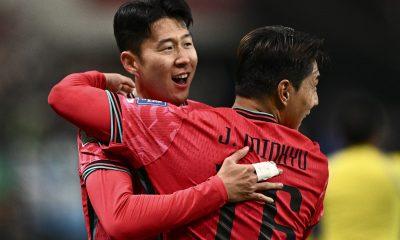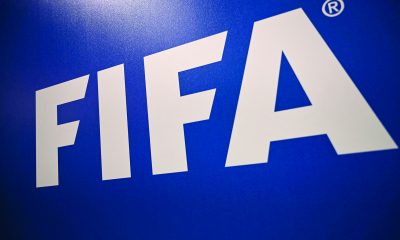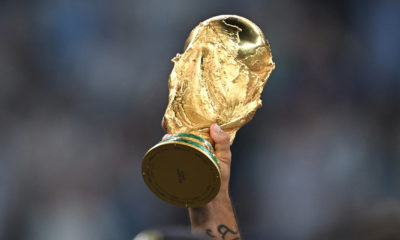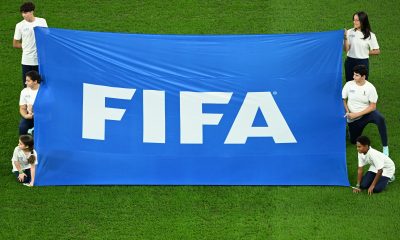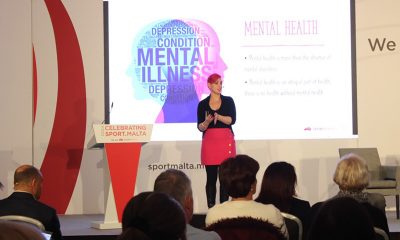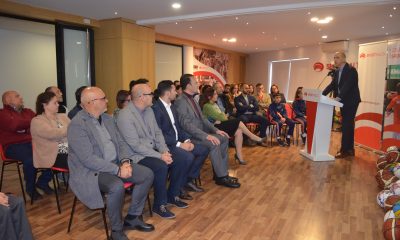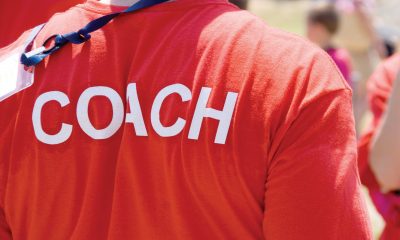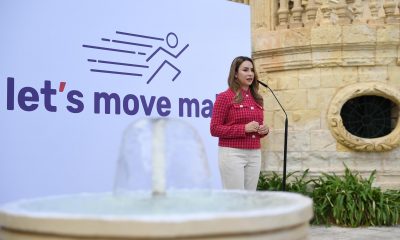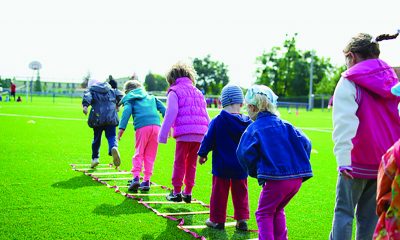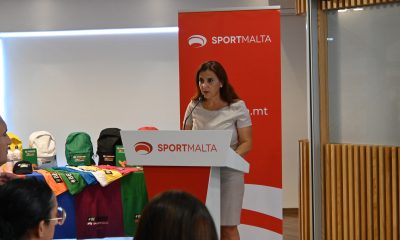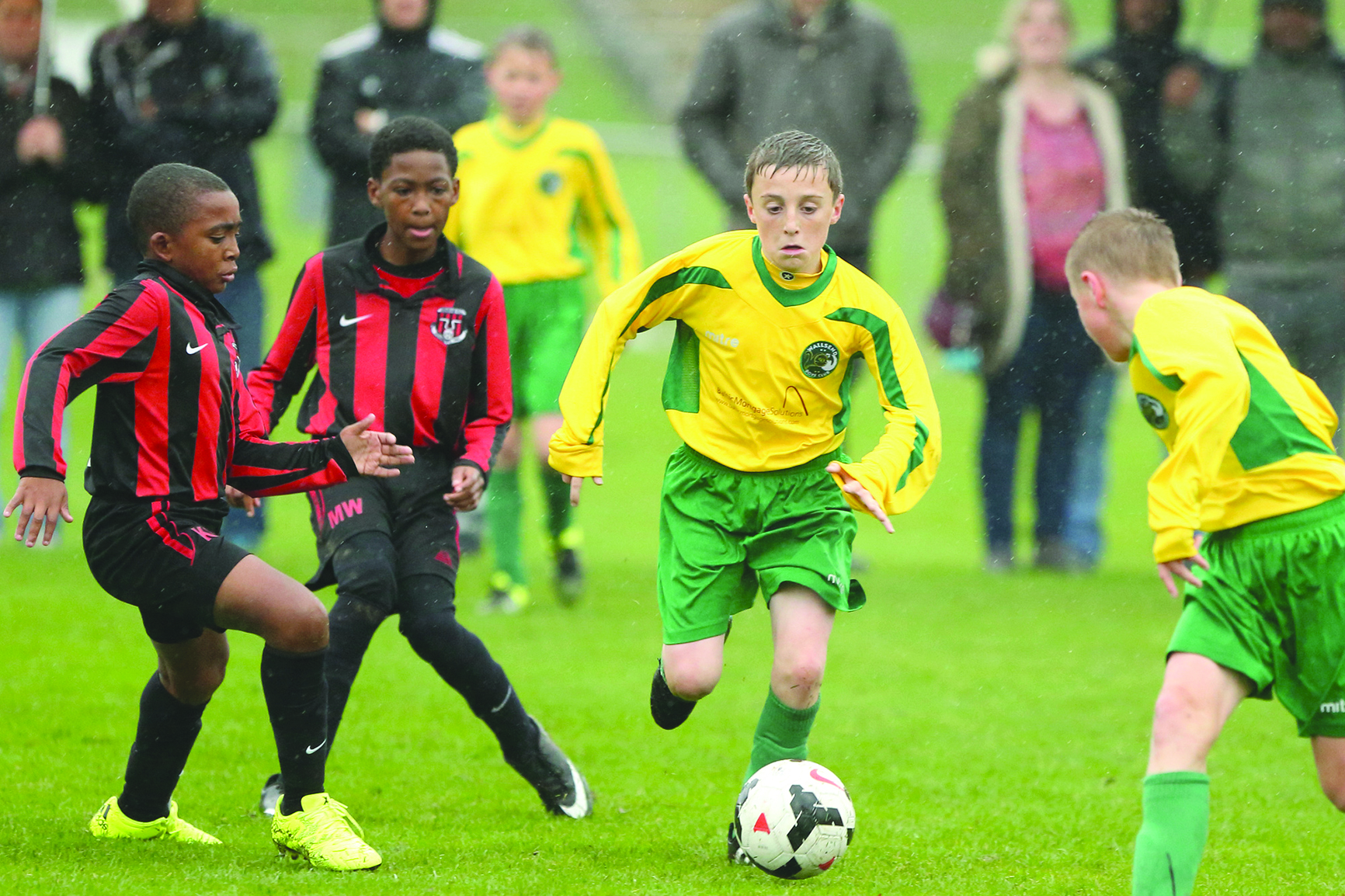
Children are often introduced to sport by their parents.
Reasons why parents trigger their child’s involvement in sport vary. Some may want their child to be physically active and give opportunities for their child to socialise.
Others may remember their own sport engagement fondly, and hope for their child to follow their sporting success.
Nothing wrong with that, if the child remains curious and shows enjoyment from their participation in sport. The big issue is whether undue pressure is exerted at an early age to specialise in any sport.
Early specialisation versus early diversification is a polarising debate in sports.
You cannot simply say that any one of them is wrong and the other is right. Research is very mixed.
Before plunging into the debate, we need to consider some key factors such as, what we mean by ‘early’, the nature of the sport, how structured and competitive is participation in early diversification, and what is the purpose for participation in sports.
Not all young athletes aim to become elite athletes. We need to understand the needs of children in relation to their phase of development and create a healthy relationship to sport that does not preclude them from becoming an elite athlete but also sets them up to become well-rounded persons with a life-long love for sports.
Sport specialisation is often defined as “the intensive, year-round training in a single sport at the exclusion of other sports”. Early is generally defined as specialisation occurring before the age of 12.
This concept is driven by the belief that selecting one sport and excluding others will increase the likelihood of high-performing success.
Some of the scientific basis behind early specialisation derives from the theory of deliberate practice. Researchers contend that development into elite performance in various environments takes 10,000-hours of deliberate practice.
When choosing to specialise early, athletes experience increased contact time with coaches which can lead to greater key skill development. This might be true for a few sports such as female gymnastics which does require early specialisation.
Gymnasts accumulate almost 20,000 hours of practice before winning top medals. Nonetheless, there is no one size fits all model that suits all sports.
I believe that for most sports the appropriate age to specialise will be after the age of 12. There is enough evidence to suggest early specialisation is more likely to lead to burnout (emotional exhaustion), overuse injuries and lack of interest and motivation.
Early specialisation may affect various components of health, including nutrition, maturation timing, psychological stress and career longevity. From my experience, I believe intense training in one sport at the exclusion of others should be delayed until mid-adolescence, post-puberty when growth spurts occur.
Nonetheless, figuring the mechanisms behind what can make early specialisation harmful is crucial in this debate.
Among these mechanisms I would unhesitatingly mention negative coaching; over-training and over-loading; game-time opportunities; a training environment bereft of enjoyment; lack of emotional connection and undue pressures from coaches, parents and peers.
Training more may not be better. However, creating a healthy training environment that does not trigger the above mechanisms can avoid the dangers usually associated to early specialisation.
Policy-makers, coaches and parents need to re-frame the psycho-social dynamics around grassroot sports. They need to understand the needs of the child and build an ecosystem around these needs. My mantra is always, child first, athlete second. Children are not mini-adults.
Regrettably, in Malta, more adolescents are dropping out of organised sports by mid-adolescence. This trend is also evident in most other countries.
Research shows that around 70% of children in the US stop playing organised sports by the age of 13. I am sure the numbers are not too far away, locally. There are several reasons why and when this happens.
Youth drop out when they feel the sport is becoming too serious, too competitive and winning becomes the focus at the expense of enjoyment and development. They drop out when they lose the sense of accomplishment and autonomy, when they do not feel confident and competent, when coaches have their favourites and when parents and coaches become too pushy.
Early diversification is the participation in various sports and activities through which the young athlete develops multi-lateral physical, social and psychological skills.
Participation in a variety of sports has been shown to reap several benefits such as increased skill, due to exposure to broad-based movement patterns, intrinsic motivation and better matched to psycho-social development with young athletes becoming more resilient, adaptable, and coachable.
Also, there is an increased chance that young athletes find the ‘right’ sport for them. The sport that matches their biological, social and psychological make-up.
Still, early diversification may have socio-economic implications on parents who have multiple siblings. These parents could feel the burnout themselves as they drive their children from one place to another.
Also, deliberate practice in multiple sports may have as much negative effects as intense early specialisation. Similarly, coercing a child into participating in a sport they do not like will lead to unhealthy consequences.
I believe in a hybrid model for elite youth athletes, especially for the culturally popular sports such as football.
A model that includes early engagement in the sport the child is keen to pursue, sampling other sports where the focus is on free play rather than practice, long-term athletic development through carefully planned and monitored strength and fitness conditioning and, a psycho-social development programme.
Football, as an example, is heavily dependent on several technical skills that need to be honed and if the young players do not at least engage early they may end up with a substantive practice deficit midway through development. Early engagement is not the same as early specialisation.
Early engagement, in relation to football, means learning at a young age to manipulate the ball and get comfortable with it. It does not however preclude the child from playing other sports.
I highly recommend sampling other sports where transfer in perceptual-cognitive skills, like anticipation and decision-making, can occur, especially if there is a degree of similarity between the sports. This will enhance motivation, confidence and creativity.
What is important is that coaches who share the same athlete are encouraged to communicate and co-ordinate among themselves to build a holistic approach to that child’s training.
Parents should encourage their children to take part in PE at school and in unstructured play with friends and siblings. They should actively encourage their children under the age of 12 to sample multiple sports.
Parents need to ensure young people are provided adequate rest and recovery. This includes actively encouraging them to have an off-season in summer.
Also, they need to be knowledgeable about signs of overuse injury and overtraining, know how to monitor it, and talk to coaches about this.
If the child has multiple coaches and is at risk of high training and competition loads, parents are advised to share their child’s training and competition schedule so that these coaches are aware of the volume and intensity of training and competition their child is involved in.
We need to value sports participation more. Unfortunately, there is a growing tendency among young adolescents and parents that if you cannot be at the top of the game then what is the point to engage in sports? The crave for instant success means we are bleeding talent far too early. Young athletes with potential need time to develop.
Learning, development and talent are non-linear. We also need to evaluate our talent identification systems and development because a small country like ours should provide opportunities to as many, for as long and as best as possible.
Note: Visit www.mcs.edu.mt for more information about the Mediterranean College of Sport.

World Cup News
-
FIFA World Cup
/ 1 month agoSon scores but Thailand hold South Korea in World Cup qualifier
Son Heung-min scored but South Korea were held 1-1 at home by Thailand in...
By AFP -
FIFA World Cup
/ 2 months agoJapan-N. Korea World Cup game to stay in Pyongyang, JFA says
Japan’s World Cup qualifier against North Korea will be played in Pyongyang as planned...
By AFP -
FIFA World Cup
/ 2 months agoGerman ex-FA bosses on trial over World Cup tax evasion
Three German ex-top football officials went on trial on Monday in a 13.7-million-euro ($14.8...
By AFP -
FIFA World Cup
/ 2 months agoSaudi Arabia formally launches bid for 2034 World Cup
Saudi Arabia formally launched its bid to host the 2034 World Cup on Friday,...
By AFP

English Premier League
Watch: Man. City crush Brighton to close gap on Arsenal in title race

English Premier League
Slot ‘confident’ of Liverpool job as ‘negotiations’ take place

More sports
Boris Becker discharged from bankruptcy: lawyer

BOV Premier League
Tickets selling fast for Floriana vs Ħamrun Spartans ‘title decider’

Winter Olympics
Watch: Geisenberger wins sixth Olympic medal to tie luge record

